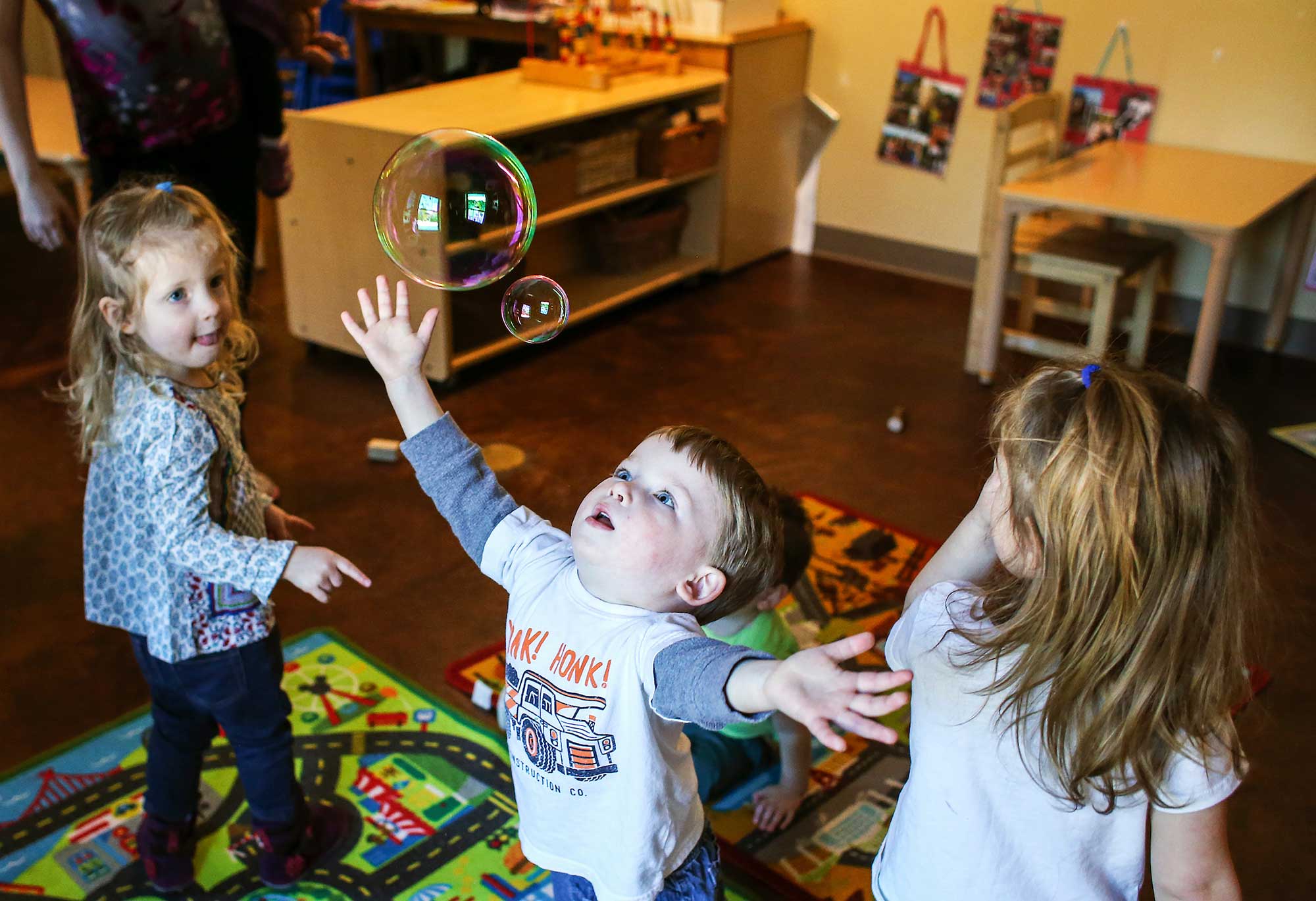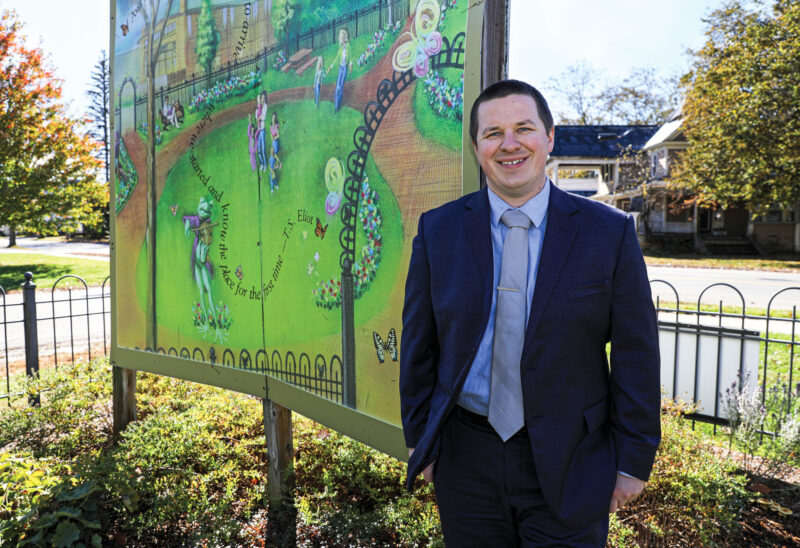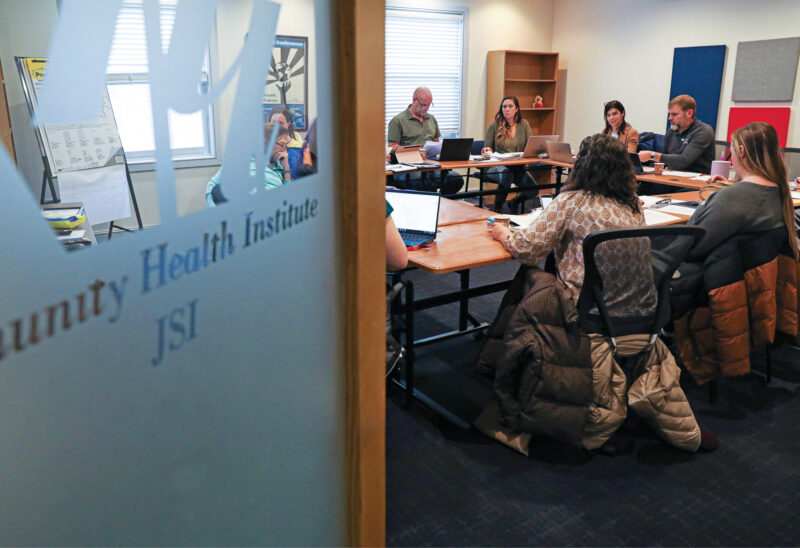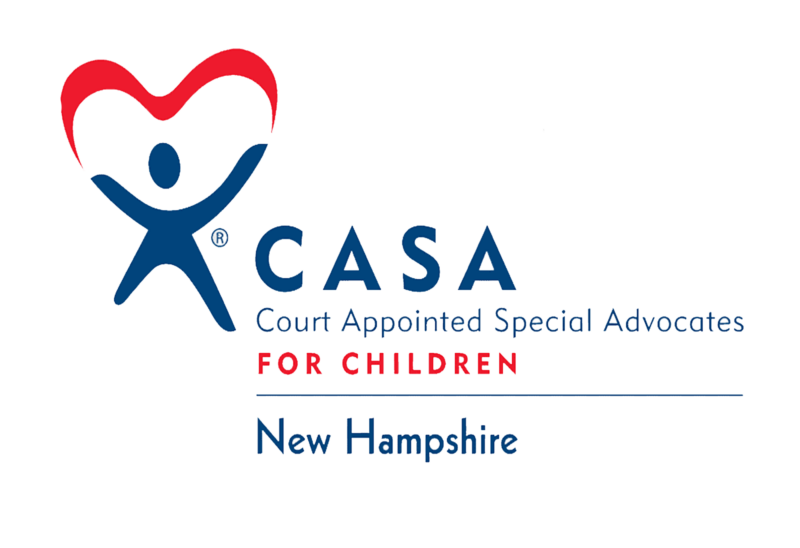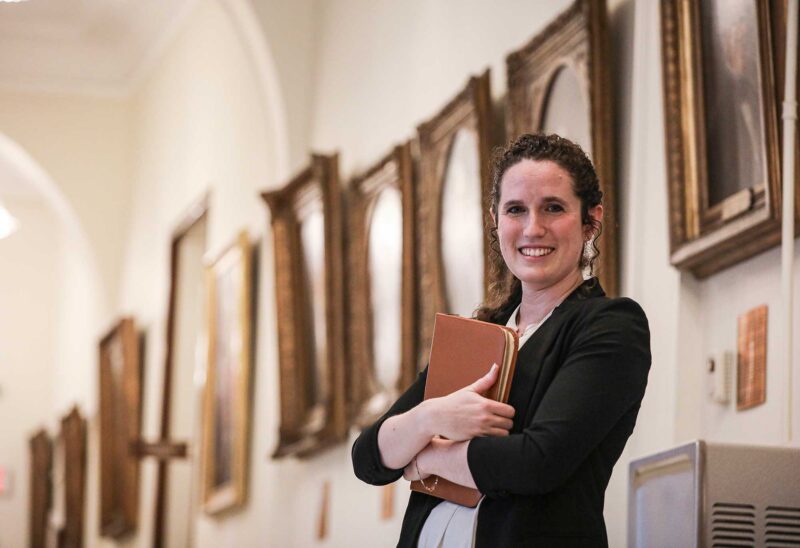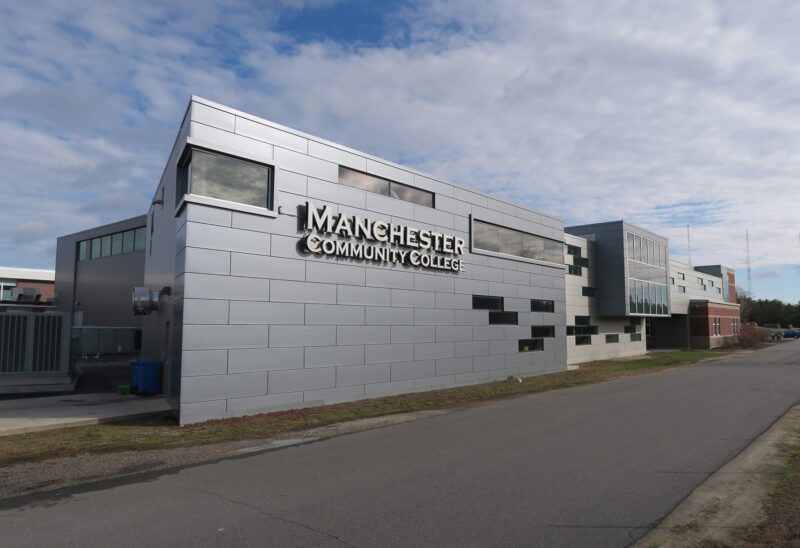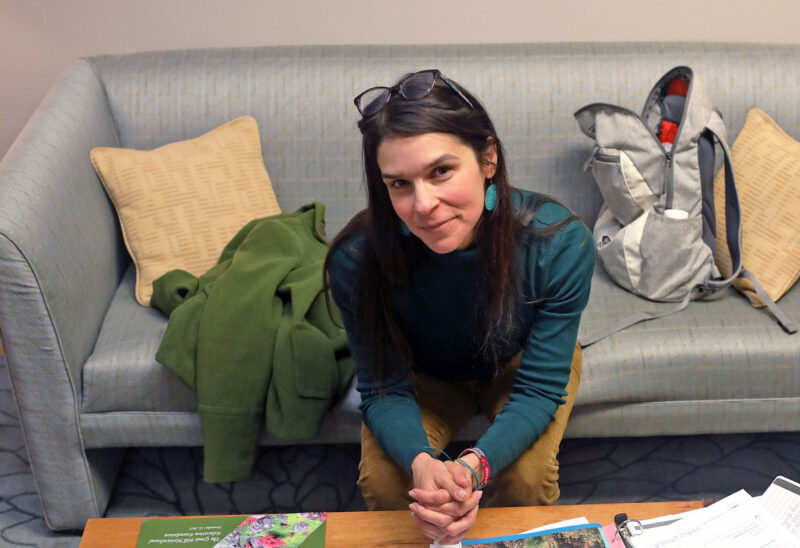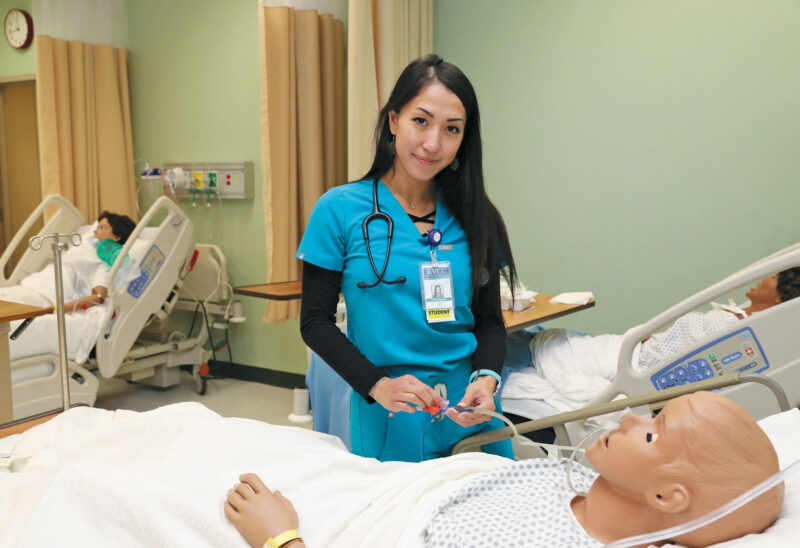At first, Donna Massucci did not really believe what she was reading. The email from Southern New Hampshire Services said that early childhood education centers, like the one Massucci runs in Barrington, were being offered help — free help — to improve the quality of the services they provide. Through the SNHS Quality Investment Initiative, her staff would get additional training and she would get technical help with the application to improve the center’s licensing status to “licensed-plus.” The center would become eligible to be reimbursed at a higher rate for children on state child care scholarships and all kids and families would get better services.
“I jumped right on that,” she said. “This is the answer to everyone’s prayer.”
The Barrington Village Enrichment Center is one of 33 early childhood centers — in the southern part of the state, Seacoast and North Country — that Southern New Hampshire Services’ program is helping to move up the quality ladder.
“The overarching goal is to help ensure that all families have equal access to quality child care experiences,” said Tracy Pond, program manager of Child Care Aware of New Hampshire, a program of Southern New Hampshire Services. Centers that take part in the program must accept children on scholarship, with the goal of increasing the number of scholarship students enrolled at each center.
The New Hampshire Charitable Foundation made a $90,000 grant to Southern New Hampshire Services to improve the quality of early childhood education centers as part of its 10-year, $100 million New Hampshire Tomorrow initiative to increase youth opportunity.
“Learning in the early years lays the foundation for everything that comes after,” said Christina Lachance, Foundation director of early childhood and family initiatives. “Investment in our youngest children pays huge dividends, because those children go on to have increased success in school and in careers, and become adults who contribute to their communities.”
The Barrington center received its “licensed-plus” rating in February. And teachers are applying what they learned — about child development, about curricula and about family services — in every corner of this space.
“It was unbelievable, what we brought back to our center,” Massucci said. “It’s become a really true educational system that is working for the families.”
“Investment in our youngest children pays huge dividends.”– Christina Lachance, Foundation director of early childhood and family initiativesTweet This
Lyn Lupien, lead teacher for the 18-month to 3-year-old classroom, recently worked with her students to create their own books. Then their parents were invited in for an “editors’ breakfast” where children displayed their efforts. She is keeping portfolios for each child with goals and accomplishments, and has new strategies for teaching kids how to feel competent and confident in helping one another. (As she mentions this, a tot notices a friend in need of a tissue and jumps up: “I can reach it for you!”)
SNHS provided the additional training to the teachers here in three, six-hour blocks on Saturdays, and in conjunction with staff from other centers — so teachers had the opportunity to swap lesson ideas and establish professional relationships.
“We’ve become a community to help each other,” Massucci said.
Without the program, Massucci said, her teachers would have had to find and attend trainings on their own, during nighttime after-work hours, and pay for them out-of-pocket — at a cost of up to $900.
“In our profession, come on, $900? That’s hard,” Massucci said. (Nationwide, the median annual wage for preschool teachers is $28,570.)
And Massucci would have been on her own through the intensive application process for her center to achieve the next step in licensing. Instead, she did that with other center directors and with technical help from SNHS.
The Barrington center is now proceeding toward the next big step on the quality ladder — achieving national accreditation.
Massucci knows that the value of the work of early childhood educators extends way beyond the classroom. Improving early childhood education helps kids reach their potential, which helps them do well in school, which helps them grow up to “prosper right here,” she said — building stronger New Hampshire communities as they do.

